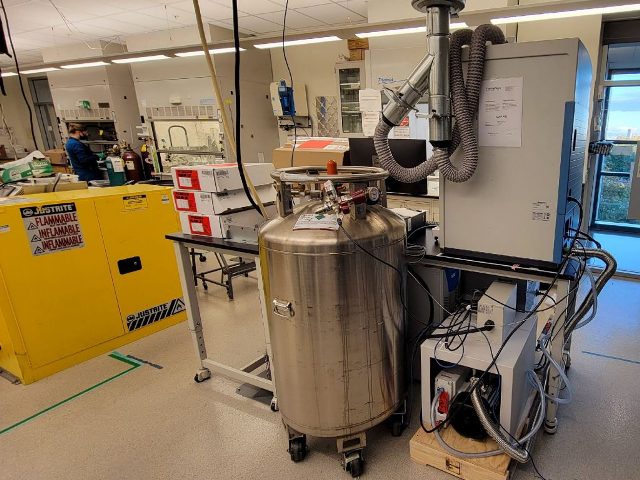
Toyota Invests in Collaborative Research Program with U.S. Universities
Toyota Research Institute (TRI) today announced the latest results of its collaborative research program with U.S. academic institutions. This initiative has funded $100M of research and generated over 1250 paper submissions since its inception in 2016, making it one of the largest collaborative research programs by an automotive company in the world.
The program expanded during 2022 to include 21 university partners and 61 projects focused on energy and materials, human-centered artificial intelligence, human interactive driving, machine learning, and robotics.
“We are deeply satisfied with the results of our partnerships with this outstanding group of institutions and researchers,” said Eric Krotkov, who leads the university research program. “We believe that collaboration is the key to tackling society’s biggest challenges and are confident that this program will continue to achieve new breakthroughs.”
Each project consists of a TRI researcher working with a university team in a close collaboration bridging academia and industry.
“TRI’s collaborations with universities bring a wealth of knowledge and new ideas to our research efforts,” said Brian Storey, senior director of energy and materials at TRI. “This program both helps us create innovative technologies and fosters the next generation of innovative leaders.”
The last year alone saw three papers win awards at the Robotics: Science and Systems Conference (RSS). Some project highlights from the program include:
Information Source: Read More “
Energy Monitors , Electric Power , Natural Gas , Oil , Climate , Renewable , Wind , Transition , LPG , Solar , Electric , Biomass , Sustainability , Oil Price , Electric Vehicles,

